 |
| Joe Matthews |
From its beginnings in 1971 as a distributor of indie publishers, IPG has grown phenomenally. It includes so many connected but distinct segments that, as CEO Joe Matthews says, "People in the business think they know IPG, but many of them know only part of what we do." In its 50th year, the company aims to "reintroduce ourselves. You think you know us, but we might surprise you."
Consider: while IPG continues to be a distributor of indie presses in the U.S., it also:
- Distributes publishers from around the world in the U.S., particularly through Trafalgar Square Publishing, which focuses on U.K. presses, and through IPG Spanish Books, which counts some of the major Spanish-language publishers in Spain, Mexico, Argentina and elsewhere.
- Distributes in a range of specialized categories through its IPG Academic and Professional Publishing and IPG Art divisions. It also includes Midpoint Trade Books and Small Press United, geared to small and start-up publishers.
- Publishes its own books through a variety of presses and imprints, most notably Chicago Review Press, which publishes a range of adult, children's and YA titles and has a strong backlist; Triumph Books, which has a major emphasis on sports; and Lawrence Hill, the progressive imprint.
- Offers a range of services to its client publishers, including pre-publication consultations; global sales, marketing and publicity; fulfillment; data and reporting; e-book and digital audiobooks capability; other digital services; print on demand through a 20,000-square-feet digital print facility; and printing brokerage services (especially important during the current printing disruptions caused by the pandemic).
- Has its own sales force and sells directly to all book retailers, from indie bookstores to the chains to mass merchandisers to libraries, schools, the professional and academic market, the gift market, special sales, the Spanish-language market, etc.
(More on the many parts of IPG below.)
As it's grown, IPG has remained remarkably true to the principle that led to its founding: a way for independent publishers to join forces to market their titles to the trade. "We're still the same essentially as we were 50 years ago," Joe Matthews says. "We're an alliance of small presses that can act as one press."
The company's many moves over the years--adding services, and more client publishers, acquiring other distributors and publishers, expanding warehouse and printing operations, expanding into a variety of categories, adding digital publishing capabilities--are all part of that principle of making the alliance strong and able to meet all challenges and opportunities in the book world.
Now, during its 50th anniversary, the company is celebrating with record sales that have doubled since 2014. It has more than 1,000 publisher clients. Its publishing operations publish approximately 135 books a year and have a combined backlist of 2,500 titles. Its warehouse is 200,000 square feet and 10 million books in stock with some 60,000 different SKUs.
Company History
In 1987, Joe's father, Curt Matthews, bought IPG. He and his wife, Linda, came to the company in a somewhat roundabout way that provided an education about book publishing. They met as literature professors at Northwestern and wanted to become involved in publishing. He was poetry editor at the Chicago Review magazine, and with the magazine's permission, in 1972, started Chicago Review Press, publishing "poetry and passion projects," Joe says.
 At the same time, Matthews bought a bookstore next to the Drake Hotel in Chicago, a small store that sold a lot of romance and crime genre fiction in hardcover; he ran it for four years before selling it to focus on publishing. For Matthews, bookselling was a great way "to learn about the business." In 1973, Chicago Review Press published its first book, Spring & Asura, a volume of Japanese poetry in translation. That year it also published Prairie State Blues by Bill Bergeron, which was one of the first graphic novels published in the U.S. Other early titles included guidebooks Sweet Home Chicago and Antique Collecting in the Midwest.
At the same time, Matthews bought a bookstore next to the Drake Hotel in Chicago, a small store that sold a lot of romance and crime genre fiction in hardcover; he ran it for four years before selling it to focus on publishing. For Matthews, bookselling was a great way "to learn about the business." In 1973, Chicago Review Press published its first book, Spring & Asura, a volume of Japanese poetry in translation. That year it also published Prairie State Blues by Bill Bergeron, which was one of the first graphic novels published in the U.S. Other early titles included guidebooks Sweet Home Chicago and Antique Collecting in the Midwest.
After a few years of publishing one or two books a year and running the bookstore, Chicago Review Press found a distributor, Swallow Press, but wasn't paid at one point. With the help of legendary rep Jerry Stroud of the Fujii Group, the company got some of the best rep groups in the country to rep it. Chicago Review Press grew, moving from the Matthews' basement to an office building with a coffin factory across the street--where the press stored stock, and Joe and his siblings sometimes played.
In the 1980s, mall bookstores became dominant and chain superstores arrived on the scene. Publishers had to have minimum levels of sales to sell to these retailers, a policy that blocked many small presses from access to these fast-growing bookstores. The chains also developed high-tech (for the time) centralized buying operations that required publishers to use expensive technology. Chicago Review Press was affected, and in 1987, Curt Matthews found an answer to the problem: he bought IPG, which had been founded by David White, a commissioned rep, and had a half dozen publishers.
In 1980, Chicago Review Press moved north, to the River North area, once known for the Cabrini-Green housing projects, and an area that for a time had inexpensive office space. The company eventually moved again, to its current spot at 814 Franklin, a former bicycle factory, where it created a striking loft office, with an open ceiling and open floor plan. At the same time, the neighborhood became hip, with art galleries and cafés, and now attracts tech companies.
In 1996, IPG expanded its warehouse, buying a former Tootsie Toy factory with 65,000 square feet that they thought they'd never fill. Eventually, of course, it did fill up, and the company took more space across the street.
Notable acquisitions over the years have included, in 2016, INscribe Digital, a San Francisco tech company that strengthened IPG's digital operations and has helped make IPG e-books one of the top 10 aggregators of e-books. (Matthews notes that the staffers who came with INscribe Digital have developed into the rare, invaluable breed of "IT guys who understand publishing.")
 In 2018, IPG bought ISBS (International Specialized Book Services), which bolstered the company in the domestic academic market, as well as distributor Midpoint.
In 2018, IPG bought ISBS (International Specialized Book Services), which bolstered the company in the domestic academic market, as well as distributor Midpoint.
In 2016, IPG had Edwards Brothers Malloy open a print facility in the IPG warehouse, which gave the company "a great deal on printing our books," as Matthews put it. Two years later, however, Edward Brothers Malloy went bankrupt and closed down. IPG took over printing operations in the warehouse and has made major investments in state-of-the-art equipment, including $1.5 million last year, and will soon have three shifts, making it a 24-hour facility. The upgrading has been all the more timely because of disruptions at traditional printers and shippers, leading many printer clients to have more books and other material printed in the U.S. IPG's brokerage service for its publishers--reserving space at printers--has been key in this area as well.
Joe Matthews joined the company in 2006 and for a decade received a basic education in IPG's basic operations. He began as an educational sales rep, then worked on a series of sometimes multiyear projects designing new systems that included supply-chain management, warehouse management (after which "I knew the warehouse in and out") and order processing. Because he knew so much about the business, he became chief operating officer, "a crash course in business administration" that involved hiring and firing staff, dealing with bankers and lawyers, and more. In 2015, when his father, Curt, retired, Joe became CEO.
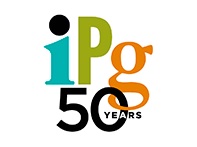 With support from the publisher, Shelf Awareness celebrates the 50th anniversary of IPG, an agile, ever-growing, multi-faceted company that has a wide range of operations, including distribution, publishing, importing, digital publishing, printing and print brokerage services and more.
With support from the publisher, Shelf Awareness celebrates the 50th anniversary of IPG, an agile, ever-growing, multi-faceted company that has a wide range of operations, including distribution, publishing, importing, digital publishing, printing and print brokerage services and more.




 At the same time, Matthews bought a bookstore next to the Drake Hotel in Chicago, a small store that sold a lot of romance and crime genre fiction in hardcover; he ran it for four years before selling it to focus on publishing. For Matthews, bookselling was a great way "to learn about the business." In 1973, Chicago Review Press published its first book, Spring & Asura, a volume of Japanese poetry in translation. That year it also published Prairie State Blues by Bill Bergeron, which was one of the first graphic novels published in the U.S. Other early titles included guidebooks Sweet Home Chicago and Antique Collecting in the Midwest.
At the same time, Matthews bought a bookstore next to the Drake Hotel in Chicago, a small store that sold a lot of romance and crime genre fiction in hardcover; he ran it for four years before selling it to focus on publishing. For Matthews, bookselling was a great way "to learn about the business." In 1973, Chicago Review Press published its first book, Spring & Asura, a volume of Japanese poetry in translation. That year it also published Prairie State Blues by Bill Bergeron, which was one of the first graphic novels published in the U.S. Other early titles included guidebooks Sweet Home Chicago and Antique Collecting in the Midwest. In 2018, IPG bought ISBS (International Specialized Book Services), which bolstered the company in the domestic academic market, as well as distributor Midpoint.
In 2018, IPG bought ISBS (International Specialized Book Services), which bolstered the company in the domestic academic market, as well as distributor Midpoint.
 The
The 
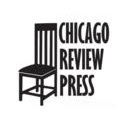 From its origins in 1973, Chicago Review Press has grown dramatically from the house that initially focused on "poetry and passion projects," developing a focus on solid regional titles, helping solve problems people have and serving niche audiences in the U.S. that were underserved by traditional, larger publishers. As Curt Matthews has said, "It's not about finding a big audience somewhat interested in something. It's about finding a smaller audience passionately interested in something."
From its origins in 1973, Chicago Review Press has grown dramatically from the house that initially focused on "poetry and passion projects," developing a focus on solid regional titles, helping solve problems people have and serving niche audiences in the U.S. that were underserved by traditional, larger publishers. As Curt Matthews has said, "It's not about finding a big audience somewhat interested in something. It's about finding a smaller audience passionately interested in something." In 2011, IPG bought Triumph Books from Random House. Triumph, which specializes in sports titles, is well known for its celebration books following each year's major sports championships like the Super Bowl and World Series. The press prepares books for each of the final two teams, including all but a final chapter about the big game. After the game, it cancels the losing team's title, adds a final triumphant chapter to the winning team's book, gets the final copy to a previously chosen local printer by 6 a.m., gives the printer 48 hours to print many thousands of copies, and then saturates the city and region of the championship team while interest and excitement is highest. "They break all the rules of publishing," Matthews says enthusiastically. "They taught us how to be an instant publisher."
In 2011, IPG bought Triumph Books from Random House. Triumph, which specializes in sports titles, is well known for its celebration books following each year's major sports championships like the Super Bowl and World Series. The press prepares books for each of the final two teams, including all but a final chapter about the big game. After the game, it cancels the losing team's title, adds a final triumphant chapter to the winning team's book, gets the final copy to a previously chosen local printer by 6 a.m., gives the printer 48 hours to print many thousands of copies, and then saturates the city and region of the championship team while interest and excitement is highest. "They break all the rules of publishing," Matthews says enthusiastically. "They taught us how to be an instant publisher."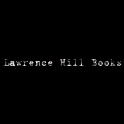 Lawrence Hill Books, founded in 1973 and bought by Chicago Review Press in 1993, centers, focuses on, and uplifts Black voices, interests, and issues within nonfiction. Recently hired acquisitions editor Alicia Sparrow will be leading this imprint forward, seeking biographies, cultural criticisms, current affairs and politics, civil and human rights issues, histories, and graphic novels. Among its recent titles is The Assassination of Fred Hampton: How the FBI and the Chicago Police Murdered a Black Panther by Jeffrey Haas, which drew renewed attention after the release of the movie Judas and the Black Messiah, which won two Oscars this year.
Lawrence Hill Books, founded in 1973 and bought by Chicago Review Press in 1993, centers, focuses on, and uplifts Black voices, interests, and issues within nonfiction. Recently hired acquisitions editor Alicia Sparrow will be leading this imprint forward, seeking biographies, cultural criticisms, current affairs and politics, civil and human rights issues, histories, and graphic novels. Among its recent titles is The Assassination of Fred Hampton: How the FBI and the Chicago Police Murdered a Black Panther by Jeffrey Haas, which drew renewed attention after the release of the movie Judas and the Black Messiah, which won two Oscars this year.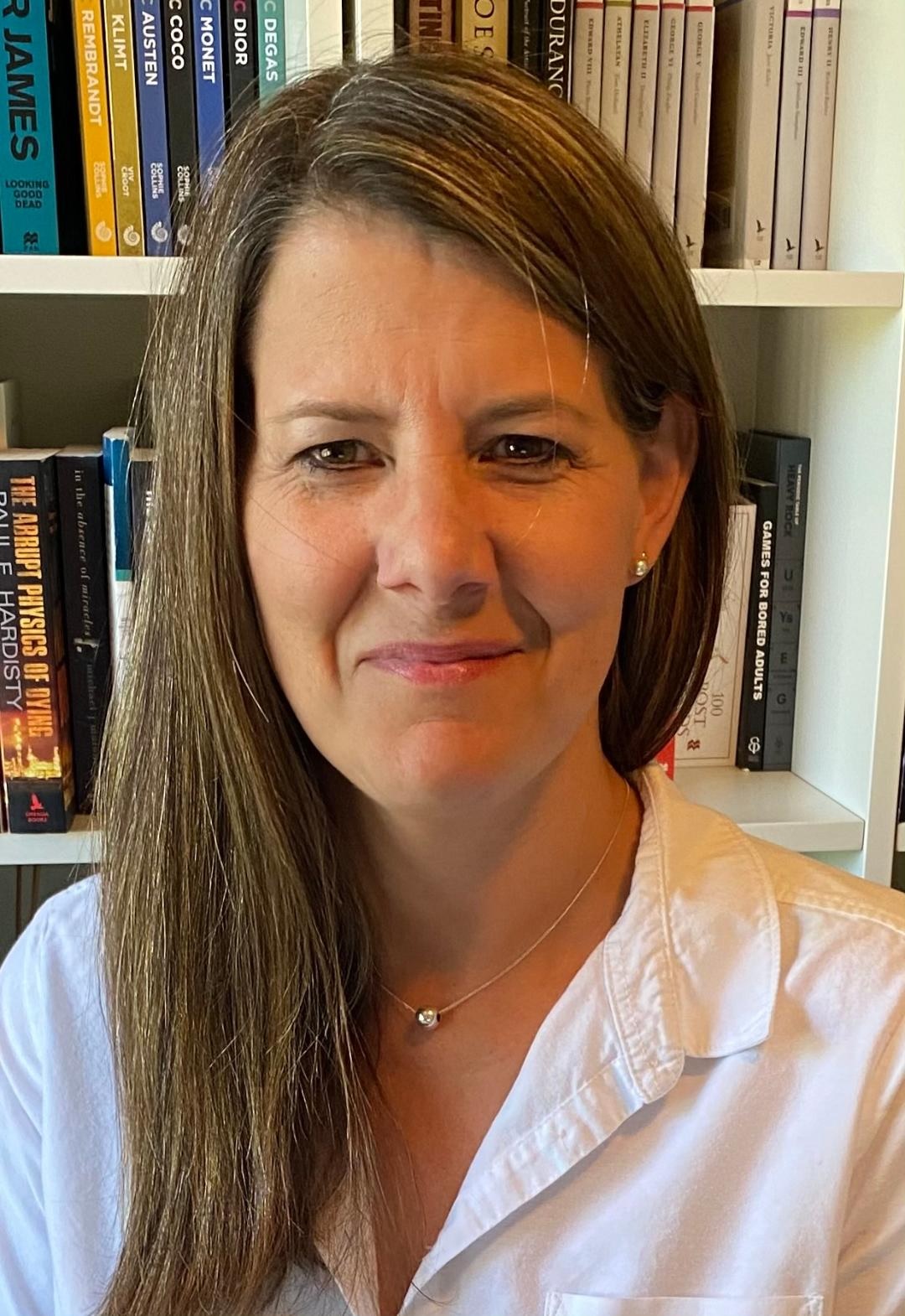
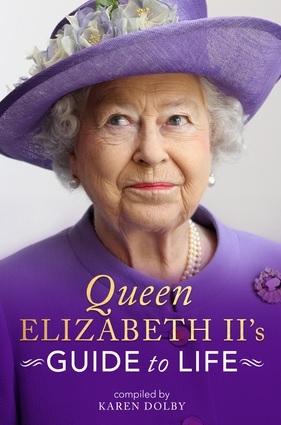 Over the years TSP has had success with titles that were once considered "too British" or "too Australian" to sell well in the U.S. As examples O'Donnell points to books based on The Great British Bake Off and Home Fires television series; Queen Elizabeth II's Guide to Life by Karen Dolby; and books featuring the Australian children's music group The Wiggles.
Over the years TSP has had success with titles that were once considered "too British" or "too Australian" to sell well in the U.S. As examples O'Donnell points to books based on The Great British Bake Off and Home Fires television series; Queen Elizabeth II's Guide to Life by Karen Dolby; and books featuring the Australian children's music group The Wiggles.
 IPG already has some significant partnerships in the region--the Mexican publishing house Editorial Océano is, in fact, IPG's largest Spanish-language publisher--but Mrjoian and her colleagues hope to add more publishers from all over the Hispanophone world and better represent the "many types of Spanish that are spoken in the U.S."
IPG already has some significant partnerships in the region--the Mexican publishing house Editorial Océano is, in fact, IPG's largest Spanish-language publisher--but Mrjoian and her colleagues hope to add more publishers from all over the Hispanophone world and better represent the "many types of Spanish that are spoken in the U.S."



